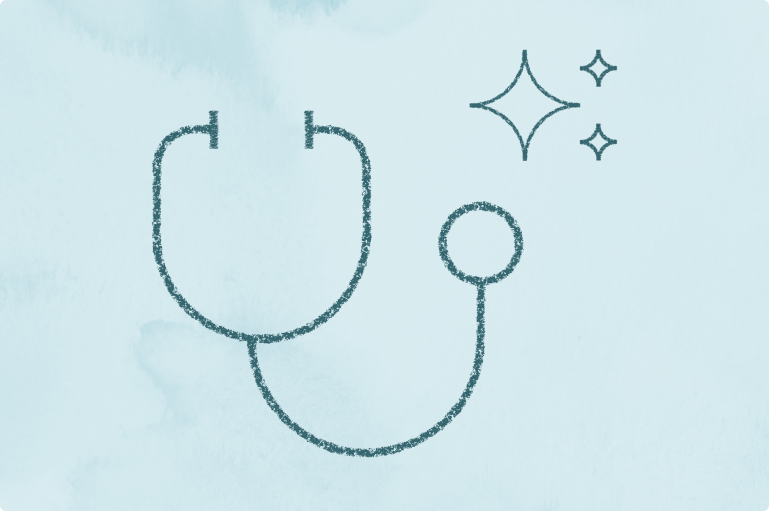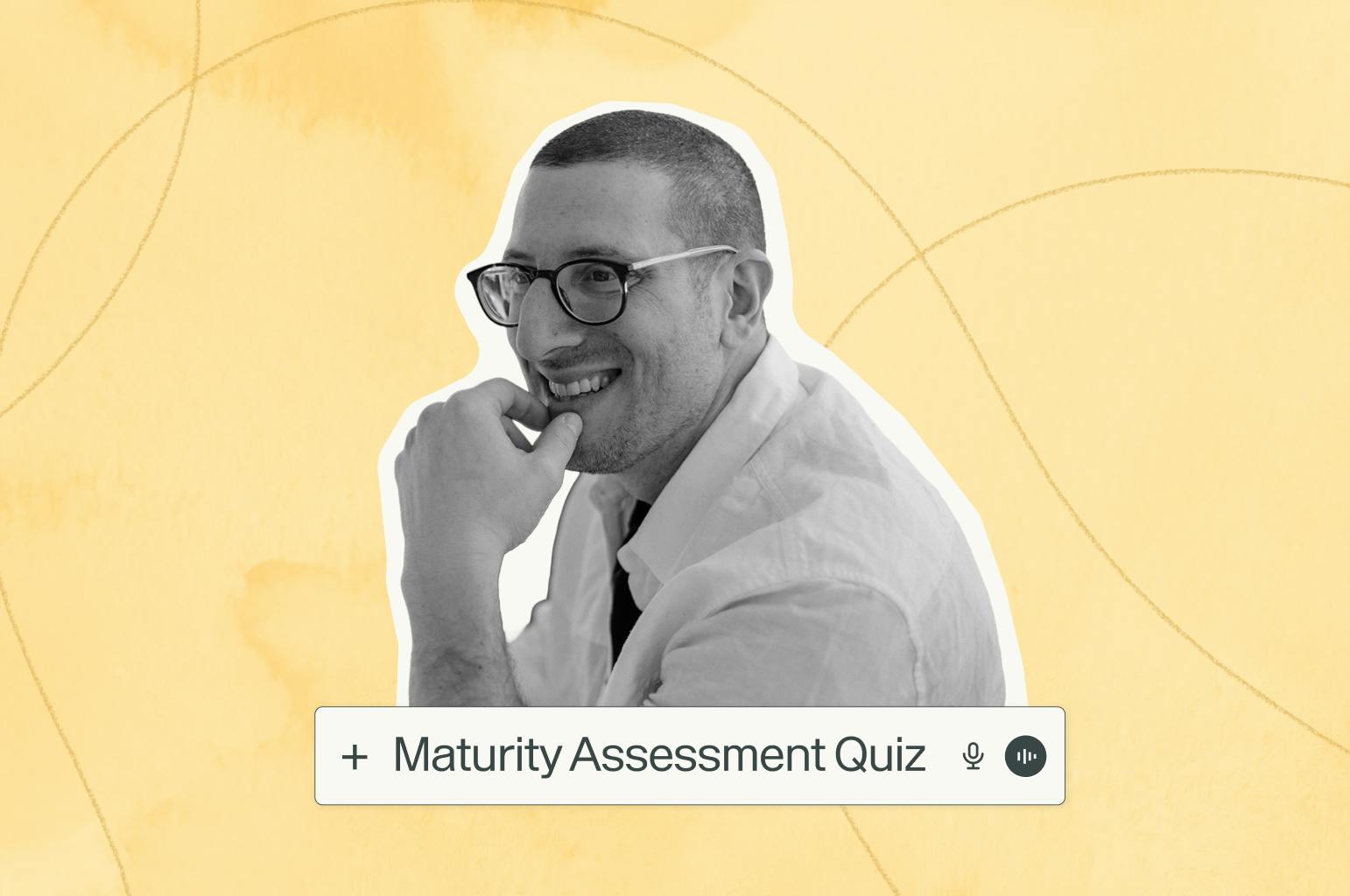Communication skills in healthcare: Why they matter and how to improve them

Clear, effective communication is critical in healthcare. Whether it’s between medical professionals or with patients and their families, strong communication skills improve patient outcomes, enhance teamwork, and reduce the risk of misunderstandings that could have serious consequences.
In this article, we’ll explore why communication is essential in healthcare, the key types of communication, and how medical professionals can develop these skills to provide better care.
The four types of communication in healthcare
To be effective, healthcare professionals must be proficient in four key types of communication:
1. Verbal communication
Speaking clearly and professionally is essential, whether in person, over the phone, or via video calls. Tone and pitch also play a crucial role—showing empathy, confidence, and clarity can ease patient concerns and foster trust.
2. Non-verbal communication
Body language, facial expressions, and gestures impact how messages are received. Negative body language can heighten patient anxiety, while positive cues like eye contact and open posture help convey reassurance and professionalism.
3. Written communication
From patient records to prescriptions and emails, written communication must be clear, concise, and accurate. Misinterpretations due to unclear documentation can lead to serious medical errors.
4. Formal communication
When discussing diagnoses, treatments, or medical procedures, it’s important to use clear, jargon-free language so patients and families fully understand their care plans.
Why effective communication matters in healthcare
In healthcare, effective communication is more than just a soft skill. It’s a critical component of safe, high-quality patient care. While the overarching goal is to protect patient health and safety, strong communication also impacts how teams function, how care is delivered, and how patients feel.
Understand patients’ needs, beyond the clinical
Every patient brings unique needs, values, and emotions. Clear communication helps healthcare professionals:
- Respect cultural, religious, or dietary preferences.
- Interpret non-verbal cues and emotional responses.
- Create a safe space where patients feel heard and understood.
Listening with empathy is both kind and clinically important. It can shape outcomes, boost compliance with treatment plans, and reduce stress for everyone involved.
Track and communicate changes in care
Patient care is dynamic. From medication adjustments to scheduling procedures, changes happen fast and often. To avoid delays or missteps:
- Healthcare professionals need a reliable way to share updates.
- Notes must be detailed, accessible, and easy to interpret.
- Teams must stay aligned through handovers or shift changes.
When communication breaks down, care suffers. But when it’s consistent, patients receive more coordinated, effective treatment.
Strengthen team collaboration
Delivering excellent care takes a team. When communication is seamless across roles—from physicians and nurses to administrative staff—it builds trust, improves efficiency, and reduces the burden on patients.
- Patients shouldn’t need to repeat their story multiple times.
- Teams should understand their roles and know what’s happening, when.
- A strong communication culture helps everyone work better, together.
Listening with empathy is both kind and clinically important. It can shape outcomes, boost compliance with treatment plans, and reduce stress for everyone involved.
Beyond better care: Other benefits of effective communication
Great communication isn’t only beneficial for patients. It supports healthcare professionals too.
Build personal connections
Taking time to connect with patients and colleagues builds trust and lowers stress. Even small efforts—like using someone’s name or offering reassurance—can have a big impact.
Increase cultural competency
Healthcare teams serve diverse populations. Open, respectful communication helps teams:
- Learn about cultural norms and expectations.
- Avoid misunderstandings or assumptions.
- Deliver care that’s inclusive and equitable.
Improve patient satisfaction
Patients may not always receive the outcome they hoped for, but when care is delivered with empathy and clarity, satisfaction improves. That can lead to fewer complaints, better reviews, and stronger community trust.
How to build stronger communication skills in healthcare
The most effective way to upskill busy professionals? Flexible, online training. Go1’s eLearning courses can be accessed anytime—between shifts, during commutes, or in quiet moments on the job.
Key topics include:
- Active listening: Demonstrating focus through body language, eye contact, and verbal feedback.
- Empathy in practice: Moving beyond sympathy to truly understand and support others.
- Note-taking and documentation: Reducing errors and promoting continuity of care.
- Clear and compassionate messaging: Delivering difficult news with honesty and care.
These are learnable skills—with measurable impact.
Support your team with practical training
Effective communication is essential to quality care—but healthcare professionals often don’t have time to seek out training. That’s where Go1 can help.
We offer online communication skills courses built for healthcare environments—easy to access, simple to implement, and designed to make a real difference.
Learning made simple
Related Articles

The 6 biggest AI adoption challenges for businesses in 2026 (and how to overcome them)

AI ethics training in 2026: What L&D leaders need to know

How to improve AI literacy in your organization in 2026

Application Guide: How to use the Go1 AI for L&D Maturity Assessment to assess our workforce AI capability

Train smarter, spend less
Train smarter,spend less
Connect with a Go1 expert to explore the best training options for your organization—no pressure, just solutions that work.